|
In Sarah Beeny’s latest Channel 4 series – New Life in the Country - she continues her beekeeping story after attending an online beginners’ course run by Somerton Division.
In the first episode of the new series Sarah catches a swarm with her beekeeper mentor Lionel Horler. She shares the experience on her Facebook page saying: “I’ve learnt so much over the past year from the amazing Somerset Beekeeping [sic] Association - thank you Lionel for showing me such a magical moment.” A new pressure group made up of UK beekeepers - Honey Authenticity Network UK (HAN UK) - is calling for better information for shoppers starting with stricter labelling for honey blends.
Two members of Somerset BKA are members of HAN UK – Lynne Ingram is Chair and Anne Pike is a committee member. The group’s first outing in the media was in the Observer on Sunday, November 29, ’21. ”British beekeepers are calling for a requirement on supermarkets and other retailers to label cheap honey imports from China and other nations with the country of origin after claims that part of the global supply is bulked out with sugar syrup. The UK is the world’s biggest importer of Chinese honey, which can be one sixth of the price of the honey produced by bees in Britain. Supermarket own-label honey from China can be bought for as little as 69p a jar. Supermarkets say every jar of honey is “100% pure” and can be traced back to the beekeeper, but there is no requirement to identify the countries of origin of honey blended from more than one country. The European Union is now considering new rules to improve consumer information for honey and ensure the country of origin is clearly identified on the jar.” To read the article in full, click here. Meanwhile, the group has set up a Facebook group to raise awareness of honey adulteration. Anyone interested in the subject is warmly invited to join. Lynne Ingram MB, Somerset's AHAT coordinator, joint events officer and Zoom pilot is lecturing at the BBKA's online Spring Convention.
Her talk, Know your enemy: Facing the Asian Hornet threat, takes place at 11.45 am on Sunday, April 18. Afterwards she will join Dr Pete Kennedy from Exeter University, who is speaking in the slot before on Asian hornets: A brief overview and new insights, and answer questions live. Lynne has been keeping bees for over 30 years, and currently manages 20 colonies in three apiaries. She has been involved in tracking hornets in Jersey and was a contributor to ‘The Asian Hornet Handbook’ by Sarah Bunker. For tickets and more information about the event, which runs from April 15-18, visit the website.  In spring, as temperatures rise, Asian hornet queens (Vespa velutina nigrithorax) emerge from hibernation. Monitoring now may identify any queens which have overwintered in the UK. Lynne Ingram, MB and Somerset BKA’s AHAT coordinator, recommends the use of monitoring stations rather than killing traps. She says: “This allows us to get the evidence of Asian hornets that we need, without killing our native beneficial insects, in particular European hornets.” At this time of year Asian hornet queens will be searching for sugary foods to build up their energy rather than preying on honey bees. So, all monitoring stations should be positioned where you can easily see them and check them daily - eg outside the kitchen window, or in a sunny spot in your garden. All beneficial insects should be released from monitoring stations daily. From mid-May Asian hornet queens will be mainly in their nests and so monitoring stations can be removed. We suggest the adaptation of Thorne’s traps to include wick stations inside to allow wasps and small flies to escape. Liquid bait - get Suterra (now sold as Trappit wasp attractant) from your AHAT Team leader or buy online. If you can't get it due to current restrictions try one of these French recipes:
If you think you have seen an Asian Hornet:
Jersey is using a modification to the origin design to allow beneficial insects to escape. The wick pot prevents all but the smallest insects from entering from the side. They still require daily monitoring. The trap:
Cut the sample pot to half its height ie 3.5cm and fit the lower section through the top section base first. Place a small block of wood or similar over the top of the pot and tap the two parts together. That way you retain the screw top and the modified pot fits snuggly into the trap. Drill a 12mm hole in the lid to take the wick which is made from paper towelling/Jeyes cloth etc. Fill with your liquid bait. The wick pot prevents all but the smallest insects from getting down the side, and the liquid bait doesn’t evaporate so quickly. The holes in the trap allow beneficial insects to escape. Please monitor regularly. For more information check out our Asian hornet page. And here for resources. 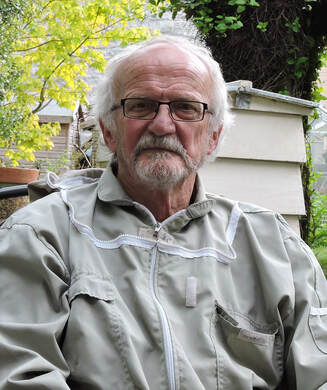 The Chairman of Somerset Beekeepers’ Association, Stewart Gould, is urging beekeepers to keep local honey bees and reject a campaign to overturn the recent ban on bee imports.“Locally bred bees are perfectly adapted for the conditions; imported bees carry the risk of pests and diseases and are genetically better suited to the country of origin,” he said. His comments follow media coverage of the new Brexit rules which have stopped the importation of honey bee colonies directly into the UK from the EU although queen bees are still allowed. HMRC is aware that there may be attempts to get around the import rules by using Northern Ireland as a back door but anti-avoidance measures are in place. “The importation ban is important and avoids the risk of bringing new problems to the UK’s bees. For example, bees in many areas of the country suffer from Chronic Bee Paralysis Virus which is associated with the importation of bees. And we are worried that the small hive beetle, which is in southern Italy, could come into the country and decimate our bees.” Somerset Beekeepers’ Association runs courses to help members to rear their own queen bees from successful colonies which ensures they are adapted to the conditions in their own area. Patrick Murfet from a beekeeping equipment company in Kent has started a petition calling on the government to reverse the new rules. That petition can be found here Petition to overturn the ban In the interest of even handedness, you should be aware that there is a petition to uphold the ban, which can be found here Petition to uphold the banning of bee imports The number of beekeepers and bee colonies continues to rise in the UK; membership of the British Beekeepers’ Association stands at more than 28,000 while Somerset’s is topping a record 1,200. Stewart Gould, Chairman David Charles was one of Somerset BKA's most illustrious members and he will be sorely missed by his many friends in the beekeeping community here and across the UK. His list of achievements is long and distinguished and included serving as President of the BBKA. His beekeeping friendships over the last 60 plus years spanned a who's who of latter day beekeeping giants including LE Snelgrove and Rex Sawyer. He was a passionate beekeeper, communicator and teacher; he launched BBKA News and edited it for several years and wrote for BeeCraft magazine. He twice served as President of Somerset BKA, was a Vice President, a member of Somerton Division and wrote an excellent history of Somerset beekeeping (Somerset Beekeepers and Beekeeping Associations: A History, 1875-2005). He was instrumental in the formation of South West Beekeepers’ Forum (which provides a forum for consultation on matters of concern and interest to beekeepers from across the region). He served two terms as chairman and was one of Somerset’s delegates until very recently. Beekeeping accolades included being awarded the 1972 Wax Chandlers’ prize as the best national candidate in the BBKA exams; he was a Master Beekeeper and BBKA Honorary Member. Throughout his beekeeping career he was a keen supporter of the National Honey Show being, variously, a competitor, committee member, honey judge and, more recently, a supporter and visitor. He was a teacher and on retirement became the county's beekeeper adviser at Cannington. In 2019 David gave up active beekeeping and his final public appearance was in late 2020 when he talked to Anne Pike, former SBKA chairman, in a BeeCraft Cameo video reminiscing about how he started beekeeping. David was very good company, a hugely knowledgeable mentor and a lively contributor on Facebook. David’ funeral was held in St John's Church, Glastonbury on January 15, 2021. |
Archives
March 2024
Categories
All
|
Somerset Beekeepers Association Charity © 2021 Registered CIO Charity 1206483
Affiliated to the British Beekeepers Association
Click here to view our Privacy Policy
Affiliated to the British Beekeepers Association
Click here to view our Privacy Policy
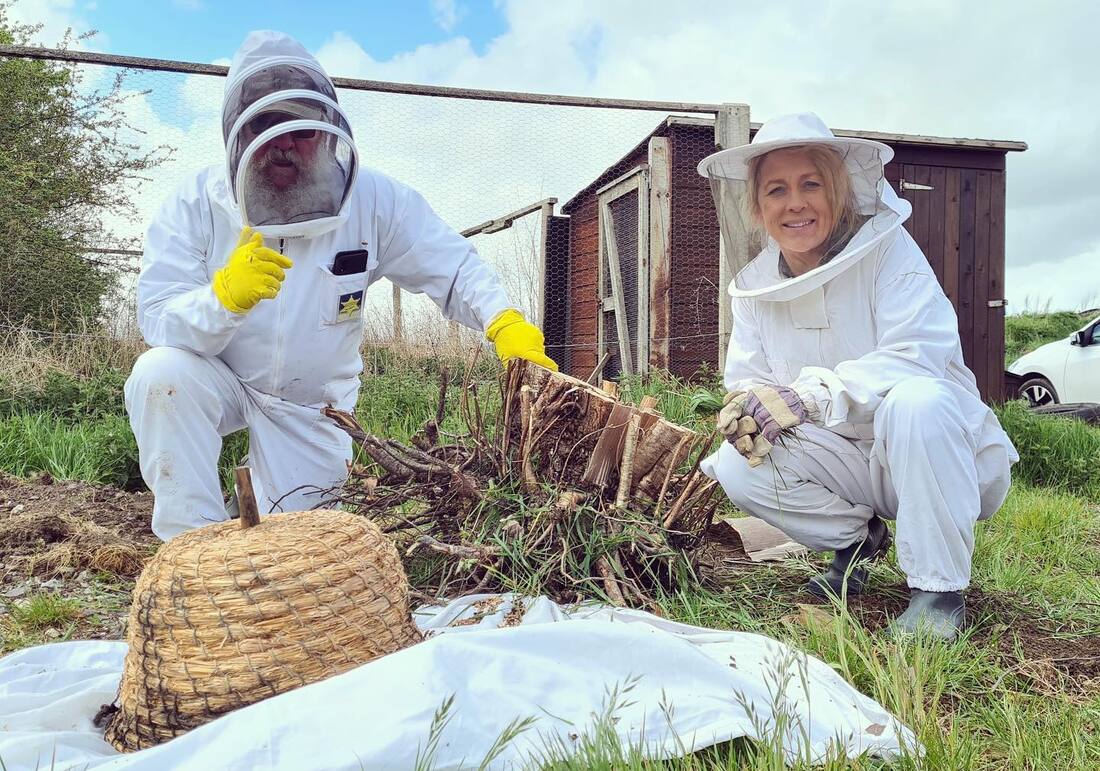
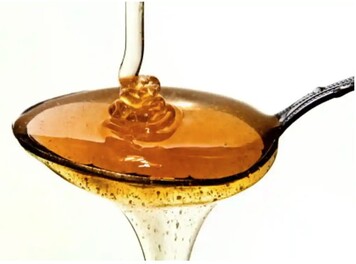
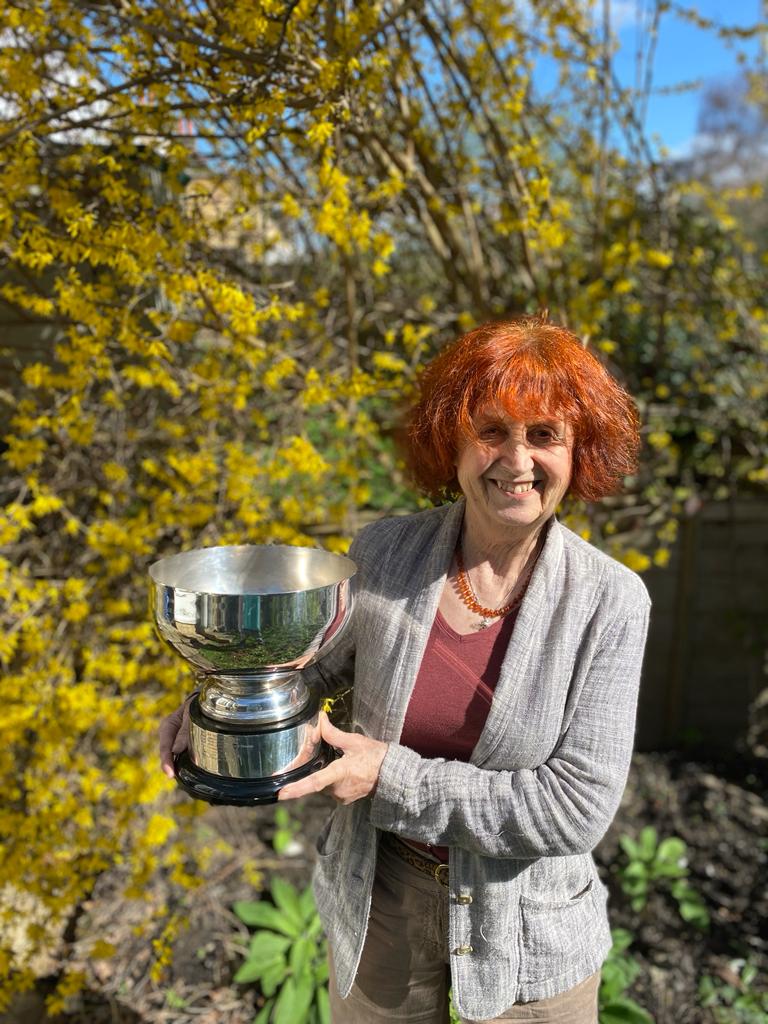
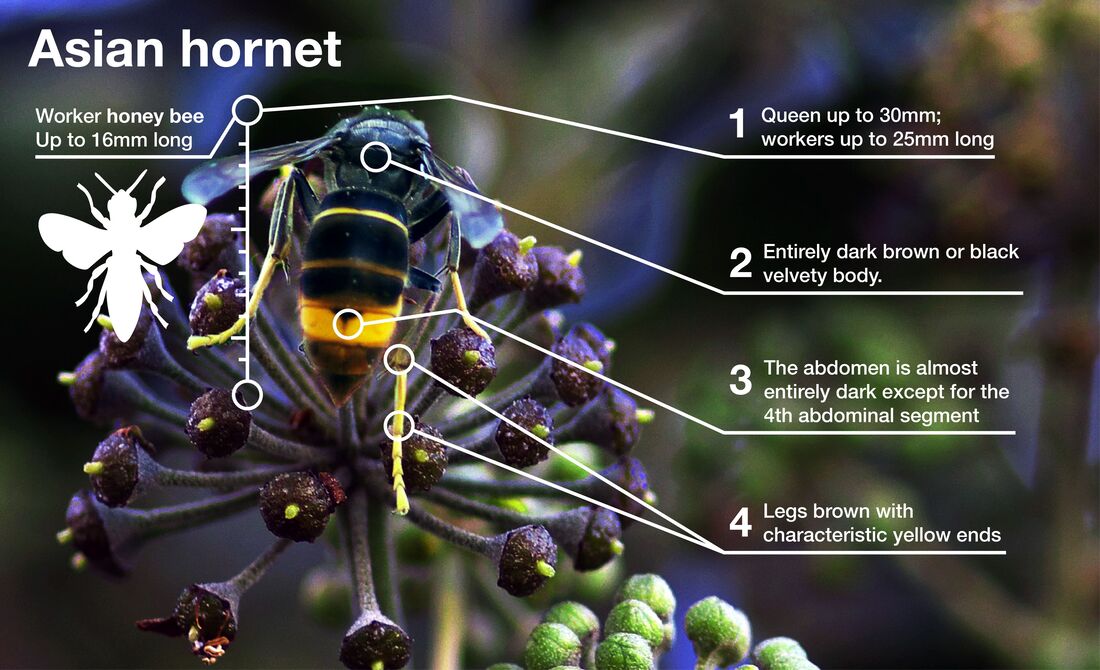
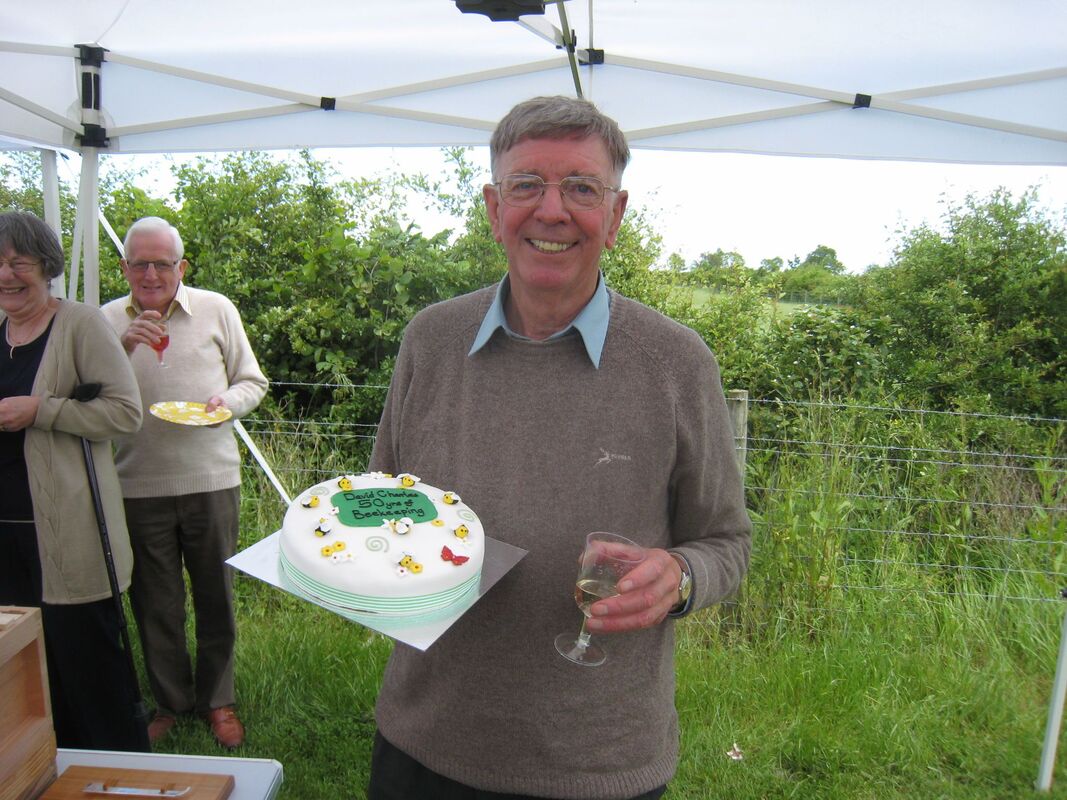
 RSS Feed
RSS Feed
